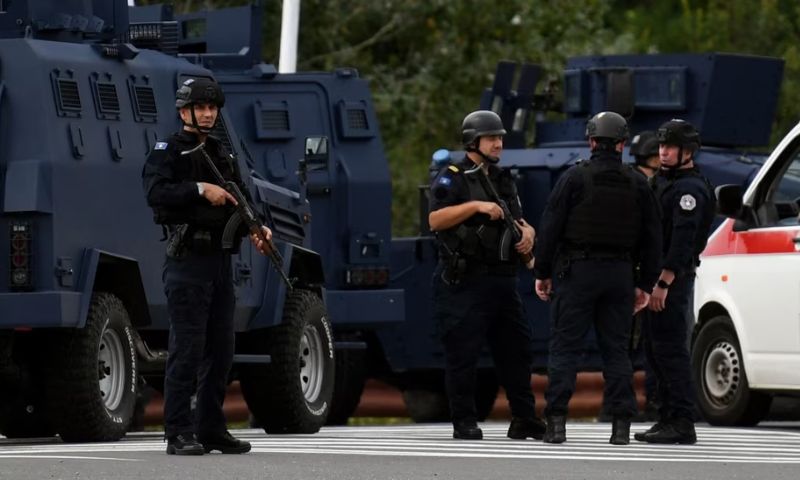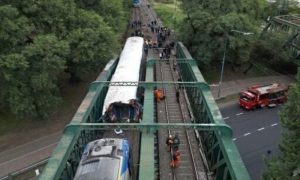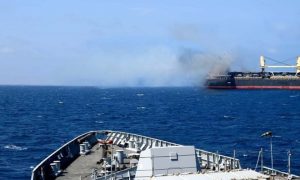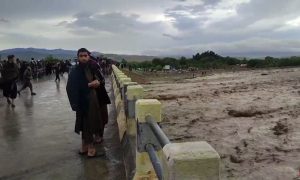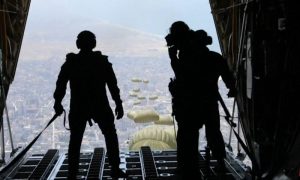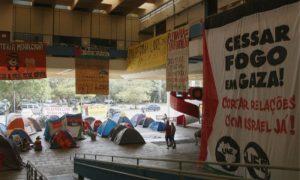BANJSKA: A deadly confrontation in northern Kosovo has ignited a heated exchange of accusations between Kosovo and Serbia, further escalating tensions in the region.
The incident unfolded at a Serbian Orthodox monastery in Banjska village, resulting in the tragic deaths of a Kosovan policeman and three ethnic Serb gunmen. This violent clash marks one of the most serious escalations in Kosovo in recent years and follows months of mounting tension between the two sides.
Kosovo’s Prime Minister, Albin Kurti, did not mince words in his accusations, asserting that Serbia had a hand in supporting the armed group responsible for the siege. He described the assailants as “professionals, with military and police backgrounds” and alleged that they were financed and motivated by Belgrade.
In response, Serbian President Aleksandar Vucic squarely placed responsibility for the incident on Kosovo officials, notably Kurti. He cited months of “provocations” by the Kosovan leadership as a precursor to the stand-off. While Vucic condemned the killing of the Kosovan police officer as “absolutely reprehensible,” he pointedly held Kurti responsible, claiming that the prime minister’s intentions were to draw Serbia into a war with NATO.
Vucic also contended that there would have been fewer casualties had NATO-led KFOR peacekeepers intervened in the situation. Currently, there are approximately 4,500 peacekeepers stationed in Kosovo.
The European Union’s foreign policy chief, Josep Borrell, denounced the “hideous attack” and stressed the importance of holding those responsible accountable for their actions.
Tensions in Kosovo have been on the rise, particularly following violent clashes that erupted after disputed local elections in May. In these elections, Kosovo Albanian mayors were appointed in majority-ethnic Serb areas due to local residents boycotting the polls.
Josep Borrell pointed to Kosovo’s failure to establish the association of Serb-majority municipalities, which would grant them greater autonomy, as a contributing factor to the escalating tensions.
In response to the unrest that followed the elections, Nato deployed an additional 700 troops to Kosovo, primarily in the northern town of Zvecan. This deployment was intended to address the unrest and maintain stability. The clashes that ensued left over 50 Serb protesters and around 30 Nato peacekeepers injured.









